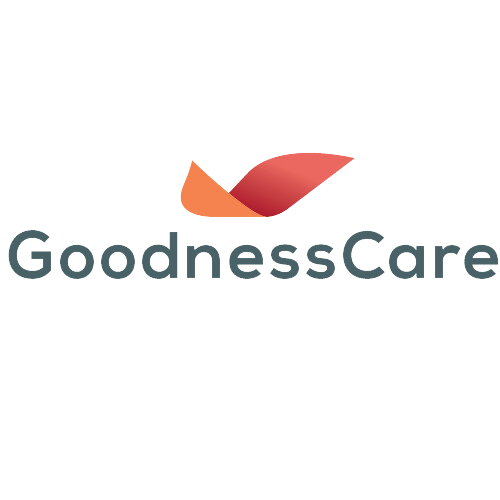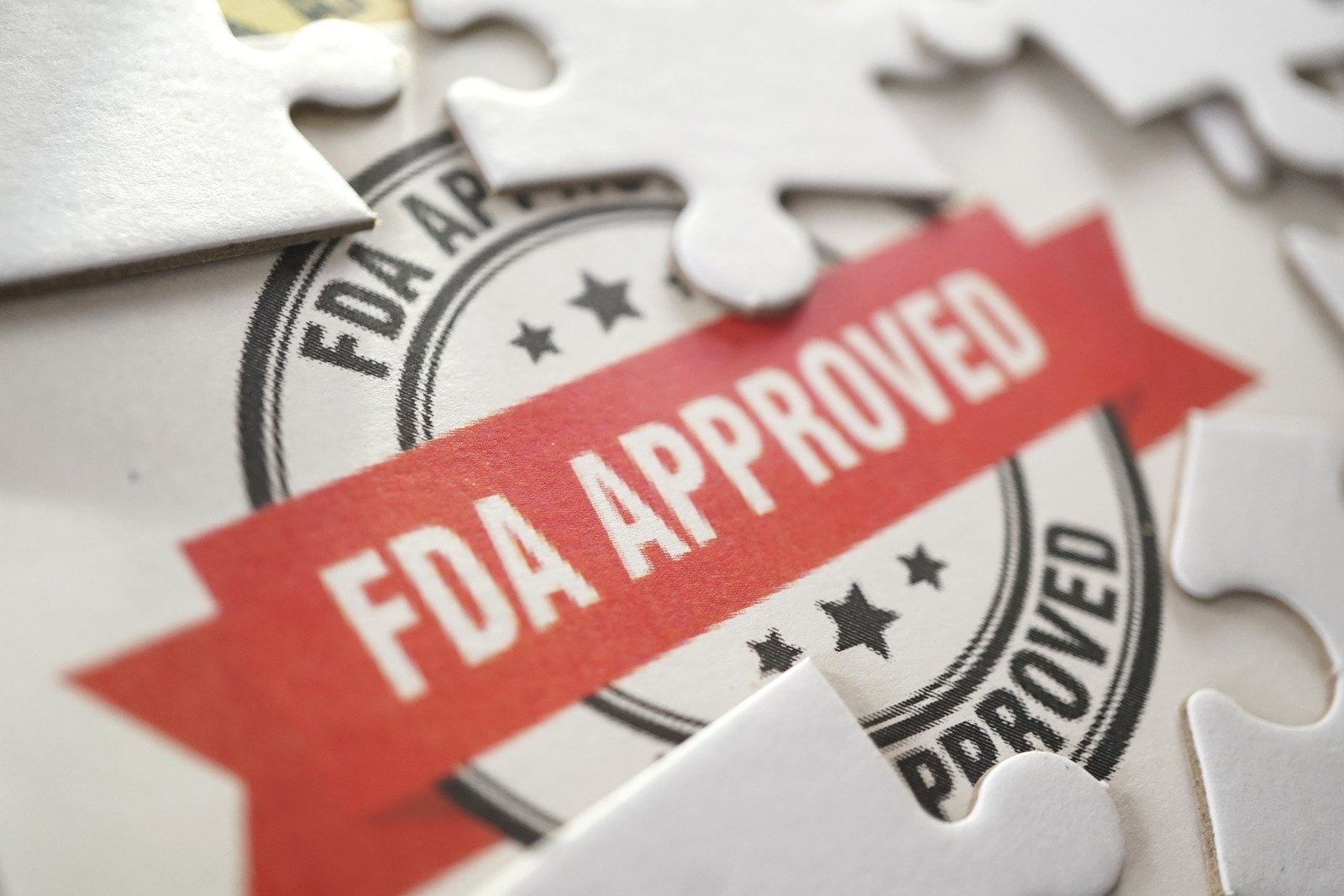Understanding the pharmaceutical industry structure is essential for aspiring distributors and agents. This dynamic ecosystem relies on key players working together to deliver medicines and healthcare products to consumers. Here’s a breakdown of the key players and their roles in this ecosystem:
1. Pharmaceutical Manufacturers
Manufacturers are at the heart of the industry, responsible for developing, producing, and delivering medicines, vaccines, and medical devices. Their contributions include:
- Research and Development (R&D): Investing in innovation to discover new treatments and improve existing ones. This includes clinical trials and strict regulatory approvals to ensure safety and effectiveness.
- Diverse Product Portfolios: Manufacturers cater to various medical needs, from prescription drugs to over-the-counter products.
- Regulatory Compliance: Following global standards set by major regulatory authorities such as the FDA or EMA ensures product quality and safety.
- Global Reach: Managing complex international supply chains to distribute products worldwide.
- Innovation in Production: Leveraging advanced technologies to enhance efficiency, reduce costs, and improve quality.
2. Distributors and Wholesalers
Distributors and wholesalers are crucial in bridging the gap between manufacturers, healthcare professionals, and retailers. Together, they ensure that pharmaceutical products are efficiently procured, stored, and delivered to their destinations. This often involves collaboration with medical representatives to reach healthcare professionals and pharmaceutical sales representatives to engage pharmacies. Their main functions include:
- Procurement and Sourcing: Acquiring products from manufacturers and maintaining a diverse inventory.
- Bulk Purchasing: Wholesalers often negotiate competitive pricing through economies of scale, enabling cost-effective distribution.
- Supply Chain Management: Distributors and wholesalers are crucial in bridging the gap between manufacturers, healthcare professionals, and retailers. This includes managing temperature-sensitive products and avoiding delays. It also involves adhering to guidelines such as Good Distribution Practices (GDP) to maintain product integrity and quality throughout the supply chain.
- Market Intelligence: Analyzing trends to anticipate demand and adjust inventory accordingly, ensuring availability and minimizing stockouts.
- Customer Relations: Building strong relationships with healthcare professionals and retailers to meet their needs and preferences.
- Logistics: Employing advanced technologies for tracking and route optimization to streamline deliveries and reduce lead times.
- Support for Retailers: Providing access to a wide range of products, managing inventory effectively, and addressing specific needs based on market demands.
3. Pharmacies
Pharmacies (both physical and online) are the final link in the chain, providing products directly to consumers. Their role extends beyond dispensing medications:
- Patient Care: Offering personalized services like medication counseling and health consultations.
- Preventive Care: Many pharmacies now offer services like vaccinations, health screenings, and wellness programs, expanding their role in community health.
- Inventory Management: Ensuring consistent availability of essential products.
- Regulatory Adherence: Following Good Pharmacy Practices (GPP) to maintain safety and compliance.
- Customer Engagement: Educating consumers about medication use and hosting wellness initiatives.
- Technology Integration: Using online platforms and apps for convenience and accessibility.
4. Healthcare Professionals
Healthcare professionals, including hospitals, medical centers, and private clinics, are essential in prescribing and administering pharmaceutical products. They work closely with manufacturers and distributors to:
- Ensure Patient Safety: Prescribing appropriate treatments and monitoring patient outcomes.
- Manage Supply Chains: Collaborating with distributors to maintain steady access to critical medications.
- Participate in Research: Engaging in clinical trials to advance medical science.
- Educate Patients: Guiding medication use and potential side effects.
- Adopt Technology: Using electronic health records (EHR) to streamline patient care.
5. Future Trends in the Pharmaceutical Industry
The pharmaceutical industry is rapidly evolving, driven by technological advancements and changing consumer needs. Key emerging trends include:
- AI in Supply Chain Management: Artificial intelligence revolutionizes logistics by optimizing inventory levels, predicting demand, and improving delivery efficiency. These innovations reduce costs and ensure timely product availability.
- Telepharmacies and Digital Health Integration: Telepharmacies are gaining popularity with the rise of telehealth. They enable patients to consult with pharmacists online, order prescriptions remotely, and access medication conveniently, especially in underserved areas. Similarly, wearable devices and mobile health apps are becoming integral to patient care, offering real-time monitoring and improving medication adherence.
- Personalized Medicine: Advances in genomics and biotechnology are paving the way for treatments tailored to individual genetic profiles, which will enhance effectiveness and minimize side effects.
- Sustainable Practices: Many companies are switching to biodegradable packaging, implementing green manufacturing processes, and utilizing solar power in their facilities to reduce their carbon footprint.
The pharmaceutical industry’s future lies in innovation, collaboration, and adaptability. By understanding the roles of its key players and embracing emerging trends, distributors and agents can play a pivotal role in shaping a healthier, more accessible world.





